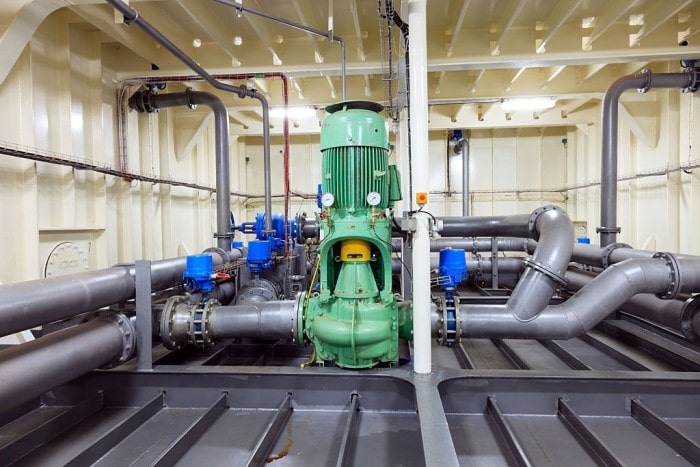
Your water pump is an essential part of your plumbing system. You may be using one of the best submersible pumps currently available to bring water up from a well, or simply using it to increase the pressure in your home.
Whatever the reason, it’s likely that you’ll forget the pumpmost of the time, except when it encounters an issue. At that point, you’ll need a fast solution and the help of a good local plumber.
Signs Your Pump is Losing Pressure
The most common sign that a pump is losing pressure is when the water coming out of your shower or faucet is slower than usual. This can initially be difficult to spot as the pressure is likely to reduce slowly. However, at some point, you’ll feel confident that the pressure is low. This is when you should use a pressure gauge and check the current setting.
If the actual pressure is lower than the pressure your pump or regulator is set to, then you have an issue.
Reasons for Pressure Loss
It may surprise you but a reduction of water pressure can simply be the result of a leak in your plumbing system. If water is leaking from a joint there is less water available at your faucet, effectively reducing the pressure.
Pump Failure
The second most common cause is the failure of the pump. All pumps will fail eventually, they have moving parts that will wear out. Regular maintenance can help to extend their lifespan and to ensure you know when they are about to fail. But, at some point, the pump will fail. As it does your pressure will drop, it may become erratic, and then your supply will stop altogether.
Electrical Issue
Another common issue with water pumps is faulty electrics. Many water pumps are fully submerged in water. The water can find a way into the casing and cause a short circuit. This will cut the power to the pump, dropping your water pressure. It’s likely to be worse if the fault is intermittent as this will increase the risk of a house fire.
That’s why you should always check the pump electrics when you have a problem with it.
Lack of Water
Most water pumps need a certain amount of water to run. Below this level, they will turn off but near this level they will pump less water through the system, effectively reducing the pressure.
You’ll need to check your water source to see if the water supply is low or if you have a blockage in the pipes. Both can reduce the flow, lowering pressure or stopping the water supply completely.
Pump Faults
There are many potential faults with any water pump; any fault can interfere with its ability to supply water at the correct pressure. Finding the issue can be difficult which is why it’s recommended that you call the professionals and have them look at the pump for you. This, combined with regular servicing will help to ensure your pressure is always good.
